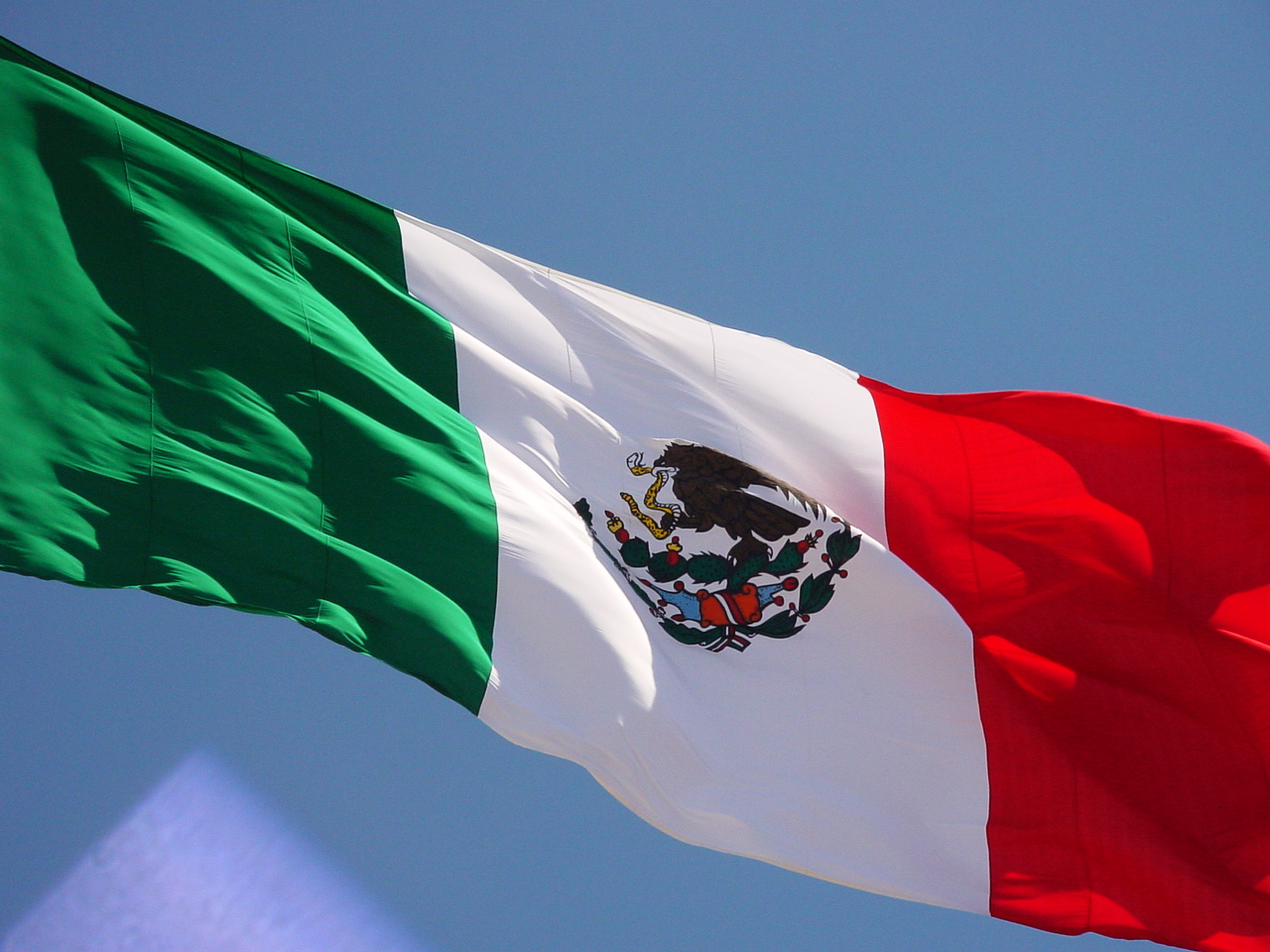Radical teachers and relatives of Mexico's disappeared have vowed to disrupt voting in the country's coming national election on Sunday, towards the end of an electoral campaign that has been marked by the murders of candidates amid serious questions about fairness and legitimacy, The Guardian reported.
"We are ready to install and operate all the polling stations," Lorenzo Córdova , the head of the national electoral authorities, told international observers. They are in Mexico to monitor the election that will elect all new members of the lower house of congress, as well as nine new governors and hundreds of new mayors. "But if the conditions put the physical integrity of our staff, or the voters, in danger we will not do it. We are not responsible for security."
Córdova was talking about a group of radical teachers whose efforts to roll back education reform now include a movement that aims to block the working of polling stations in five southern states.
The protests are at times violent and have been particularly intense in Oaxaca where the teachers have ejected electoral officials from their offices across the state, burned ballot papers, clashed with the security forces and severely affected the distribution of petrol.
In the state of Guerrero, protesters have included relatives of people who have been killed or disappeared in the drug war violence that has ragedin Mexico for the past eight years.
There is particularly tension around the town of Tixtla, a centre of protest since 43 students from the Ayotzinapa teachers college in the town disappeared after being attacked by cartel gunmen and municipal police, last September.
Local media has reported 21 murders around the country directly associated with the elections. These include three candidates and one would-be candidate, whose beheaded body was dumped beside a message that read "this is going to happen to all the fucking politicians who don't get in line".
Security expert Alejandro Hope said the murders of candidates were the logical consequence of a climate in whichdisparate drug cartels are sowing terror and political vendettas can be hidden behind a tendency to blame all assassinations on organised crime. He also stressed the failure of the authorities to provide protection for candidates.
"Given the prevailing conditions," Hope wrote in El Daily Post, "the surprise is not that some candidates get killed, but that the number of corpses is not much higher."
The credibility of the elections has also been damaged by questions surrounding the ability of the electoral authorities to guarantee fairness.
"I cannot think of an election where the reputation of the electoral authorities has been so low," said political analyst Federico Estevéz. "That does not bode well."
Much of the criticism has centred on the failure to rein in the Green Party's systematic flouting of campaigning rules, such as the amount of political advertising permitted. The Green party, widely alleged to be among the most corrupt in Mexico, is an ally of the ruling Institutional Revolutionary Party (PRI) of President, Enrique Peña Nieto.
The fact that no major party is free of allegations of serious corruption has helped give maverick independent candidate Jaime Rodriguez - nicknamed El Bronco - a shot at winning the governorship of the rich northern state of Nuevo Leon, according to most polls. Elsewhere, however, corruption allegations have prompted a movement to spoil ballot papers.
"Spoiling my ballot paper is the only way I can see of stripping the system of legitimacy, shaking it up and reforming it so that it favours citizens," national political commentator Denise Dresser said in a YouTube video.
For all the signs of crisis, the elections appear set to produce a balance of power that differs little from the one in place since the last time the country voted, in 2012. Polls suggest that the PRI will remain dominant, and with the help of the Greens, could even obtain a majority in congress.






